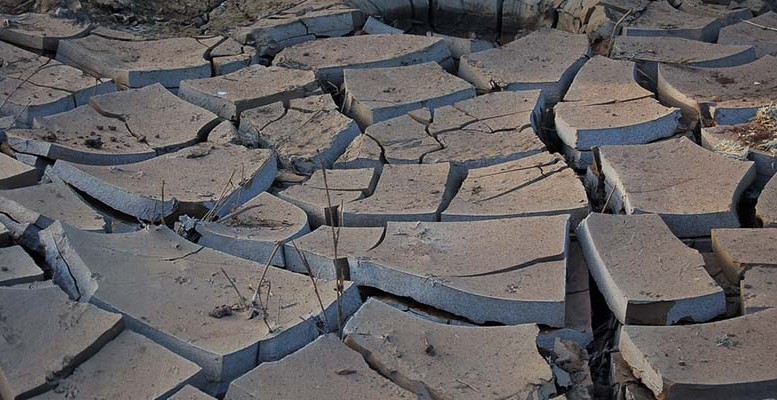Intermoney |For the first time, Spain has approved a bill to combat climate change and its effects. This document will go to the Senate for approval, so that we would have the first Law on Climate Change and Energy Transition in our country.
On April 8th, Parliament approved the first Climate Change Law in Spain, which aims to comply with the goals set out in the Paris Agreement. The Climate Change and Energy Transition Bill will now go to the Senate for reviewing and processing to be definitively approved, unless an unexpected setback arises.
Five years after the signing of the Paris Agreement, which establishes different measures for the reduction of greenhouse gas (GHG) emissions to mitigate the effect of climate change, Spain is launching its first climate law to comply with the international commitments agreed in the fight against climate change.
The main objective is to reach so-called “climate neutrality” by 2050, i.e. to achieve full decarbonisation.
The Minister for Ecological Transition, Teresa Ribera, stated on the day the first Spanish climate change law was passed that “today is an important day. An enormously ambitious climate law has been passed as a result of joint work on which there is still, I am sure, room for further improvement. The trajectory is not linear, but one which must increase progressively as we reach cruising speed in the time to come, because we are late on climate change.”
Main objectives of the Climate Change Law
By 2030, it has been established in law to reduce greenhouse gas emissions by at least 23% compared to 1990 emissions. There will be several upward revisions of the norm, the first of which will be in 2023, then a more ambitious target may be set if appropriate.
Whatsmore, the aim is also to achieve a penetration of renewable energy in final energy consumption of at least 42% (compared to around 20% at present) and energy efficiency of 39.5%; and to achieve renewable electricity production of at least 74% (compared to 40% at present).
Most important measures of the Climate Change Act
Electric mobility
The main objective of the climate law in this scenario is to achieve by 2050 “a fleet of passenger cars and light commercial vehicles without direct CO2 emissions”. In addition, the goal is to end the sale of polluting cars and commercial vehicles by 2040.
All cities with more than 50,000 inhabitants will have to adopt sustainable mobility plans that include low-emission zones similar to those in Madrid and Barcelona. Municipalities with more than 20,000 inhabitants will also have to approve low-emission zones if their air quality is not adequate.
Obligations are established for charging points at petrol stations and in buildings to facilitate the installation of these points. All non-residential buildings with more than 20 parking spaces will have to be equipped with charging infrastructure by 2023.
The climate law also sets targets for integrating alternative fuels in transport, one of the sectors with the greatest difficulties in terms of decarbonisation.
Through this new law, the government will promote the financing of public transport and set targets for railways over distances of more than 300 kilometres.
Ban on fracking
Fracking is a technique that enables or increases the extraction of gas and oil from the subsoil. The new Climate Change Law prohibits this practice and establishes that no new hydrocarbon extraction projects will be allowed to open, no new concessions will be granted and the extension of these fields beyond 2042 will not be approved.
The main objective of this measure is to achieve the aforementioned goal of 100% renewable electricity generation by 2050. To this end, reversible hydroelectric plants, urban supply systems and the installation of photovoltaic panels for self-consumption will be promoted. In addition, the creation of a Horizontal Property Law is planned to facilitate self-consumption in homeowners’ associations.
Renewable energies and adaptation
Every five years, the government will have to draw up a national plan for adaptation to climate change, which will have to identify the different risks and negative impacts on natural systems, territories, populations and socio-economic sectors.
The government will have to present a “specific strategy for the conservation and restoration of ecosystems and species that are particularly sensitive to the effects of climate change.”
Finally, the Law obliges educational centres to include sustainability and the fight against climate change in their teaching.
In addition, a committee of scientific experts on climate and energy transition is to be set up as the body responsible for evaluating and making recommendations on both issues.





